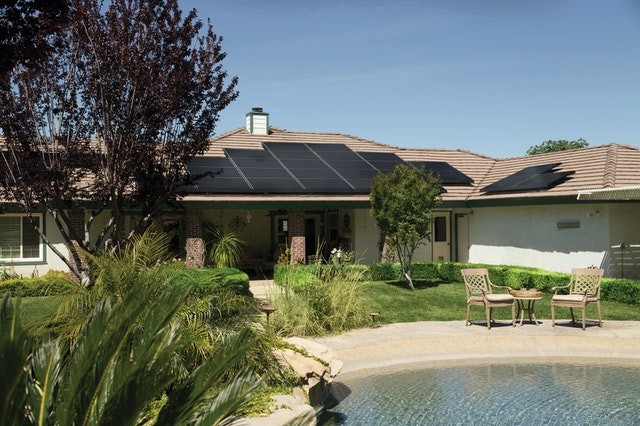
Real estate data company CoreLogic has rejected the unsolicited $7-billion takeover proposal from Cannae Holdings Inc. and Senator Investment Group LP.
In a unanimous decision, the Board of Directors has rejected the unsolicited proposal to buy the Company for $65 per share in cash, the California-based CoreLogic said in its official statement. CoreLogic explained that the proposal undervalues the company and that it raises serious regulatory concerns. The statement added that the proposal is not in its shareholders' best interest.
In late June, Cannae Holdings Inc. and Senator Investment Group LP proposed to purchase the company citing that Corelogic will not be able to achieve its full potential under its current strategic plan as the reason.
According to CoreLogic Chairman of the Board Paul Folino, the proposal failed to address severe regulatory concerns brought by the overleaps between CoreLogic and other competing companies linked to Cannae chairman Bill Foley including Black Knight and Fidelity National.
The Board is open to all viable paths, Folino said, and they are willing to meet with the Senator Investment Group and Cannae Holdings. However, they believe that CoreLogic can deliver more value to its shareholders than Cannae and Senator's "opportunistic proposal."
CoreLogic highlighted that the actions they have taken aimed at creating substantial value had been realized, as shown in the increase in Q2 and FY 2020 guidance and new guidance for 2021 and 2022.
The FY 2020 revenue guidance increased between $1.84 and $1.88, coming from between $1.69 billion and $1.73 billion. IBES data from Refinitiv states that the average expected revenue for the company is $1.73 billion, Reuters cited.

Meanwhile, leading home solar installer Sunrun and rival Vivint Solar are merging to create a solar industry giant that aims to bring down the residential solar cost and accelerate consumer adoption of home batteries, the Reuters report said.
It was welcome news for investors as shown in shares price rise of 22.6 percent to close at $26.17 as the merged companies will now control about a quarter of U.S. residential market, analysts said.
Fewer than four percent of U.S. households have solar panels, which are both an opportunity and a challenge. Installers have been struggling to bring down the cost of acquiring new customers. The merger will allow Sunrn to save around $90 million each year in overhead costs, sales, and other associated costs. Sunrun will also be able to expand its offerings, including battery storage, to its customers, the report said.
The $1.5 billion deal will expand Sunrun's portfolio to more than 3 gigawatts and about half a million customers, making it the third-largest owner of a U.S. solar capacity catering to all market segments, Greentech Media reported.
Combined, Sunrun and Vivint Solar had a 17.5 percent share of the residential solar market share in the U.S. in 2019, while Tesla has a 4.6 percent share of the market.
Read next: Investment Firm Acquires Stake in HPP's Hollywood Media Portfolio, Iconic CNN Center Is "for Sale"



